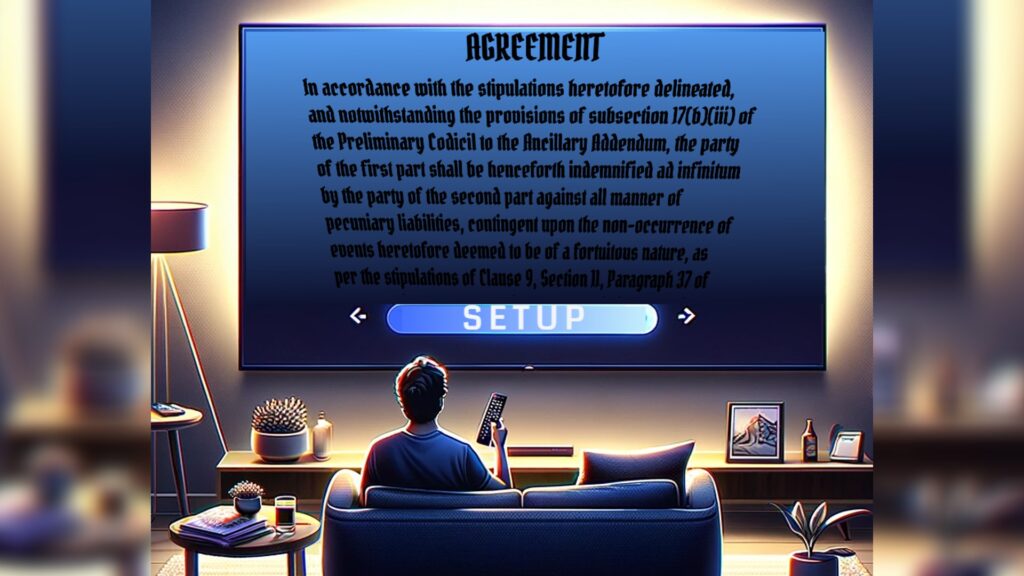
Plaintiffs filed a class action suit against Nvidia alleging that Nvidia falsely advertised a game streaming feature for its Shield line of devices which was later disabled, thus depriving consumers of a paid feature and devaluing their devices. The suit included claims of trespass to chattels, breach of implied warranty, and violations of various consumer protection laws.
Nvidia filed a motion to compel arbitration, citing an agreement that users ostensibly accepted during the device setup process. This agreement provided that disputes would be resolved through binding arbitration in accordance with Delaware laws and that any arbitration would be conducted by an arbitrator in California.
The court looked to the Federal Arbitration Act, which upholds arbitration agreements unless general contract defenses like fraud or unconscionability apply. Nvidia emphasized the initial setup process for Shield devices, during which users were required to agree to certain terms of use that included the arbitration provision. In light of Nvidia’s claim that this constituted clear consent to arbitrate disputes, the court examined whether this agreement was conscionable and whether it indeed covered the plaintiffs’ claims.
The court found the arbitration agreement enforceable, rejecting plaintiffs’ claims of both procedural and substantive unconscionability. The court concluded that the setup process provided sufficient notice to users about the arbitration agreement, and the terms of the agreement were not so one-sided as to be deemed unconscionable. Furthermore, the court determined that plaintiffs’ claims fell within the scope of the arbitration agreement, leading to a decision to stay the action pending arbitration in accordance with the agreement’s terms.
Davenport v. Nvidia Corporation, — F.Supp.3d —, 2024 WL 832387 (N.D. Cal. Feb 28, 2024)
See also:
